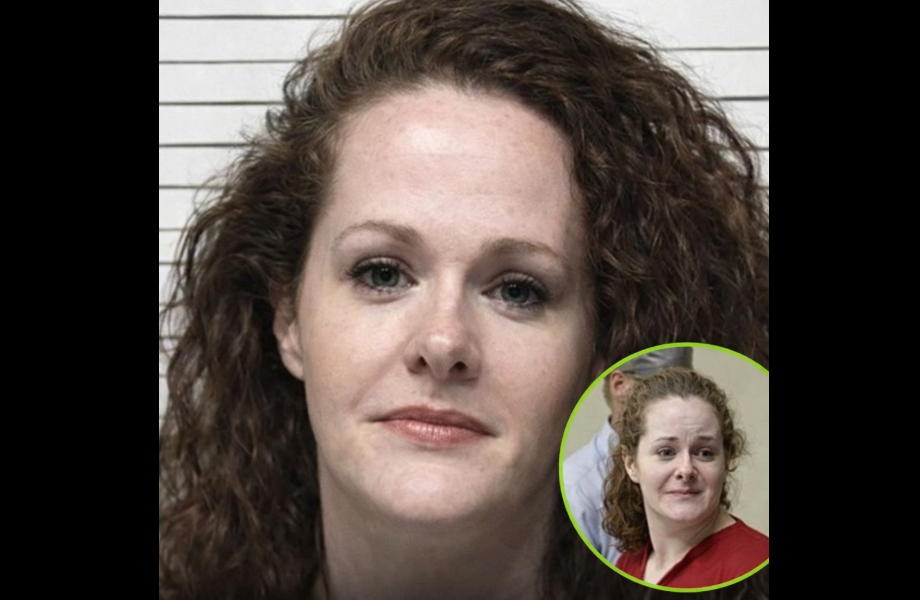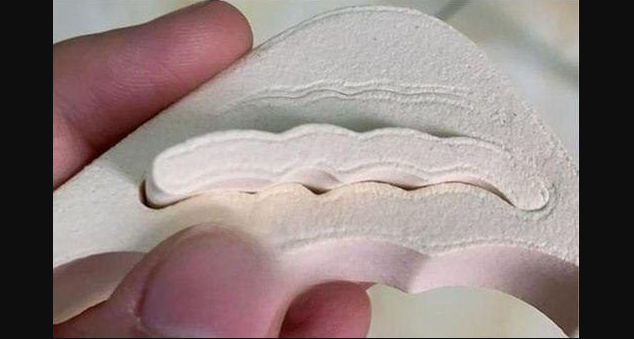Last month, my grandfather, with whom I shared a deep bond, passed away. When the lawyer read his will, I was stunned to learn he had bequeathed everything to my sister—his car, his savings, and his cozy little house. She rarely visited him, and I couldn’t fathom why he made that choice.
I approached her, asking if she’d consider dividing the inheritance, as we were both his grandchildren, and I believed there might have been an error. She shook her head firmly and replied, “I have to respect Grandpa’s decision.”
Months later, while slipping on my old coat, my fingers brushed against something in the pocket—a folded piece of paper. My breath caught when I recognized Grandpa’s handwriting. He must have tucked it there during his final days, when I spent every moment by his side.
With trembling hands, I unfolded the note and read: “If this note has reached you, it means the lawyer followed my plan. The will they announced was temporary. The true one, signed and notarized, names you as the sole heir. I trust you’ll make the right choice with it, even if that includes sharing. You were always there for me.”
My hands quivered as I refolded the note. The next morning, I hurried to the lawyer’s office. His eyes widened when I set the note on his desk. After a brief silence, he opened a file drawer, retrieved a sealed envelope, and handed it to me.
It was the authentic will. It listed only my name. Grandpa had entrusted me with everything—his quaint house, his classic car, and his savings. Attached was his note, emphasizing that the choice to share with my sister rested with me.
Now, I’m caught in a dilemma. Part of me wants to honor Grandpa’s faith in me by keeping the inheritance as he intended, especially since my sister seldom made time for him. Yet another part of me worries that not sharing could burden me with guilt forever. The choice is mine, but it’s a weight I never anticipated carrying.






